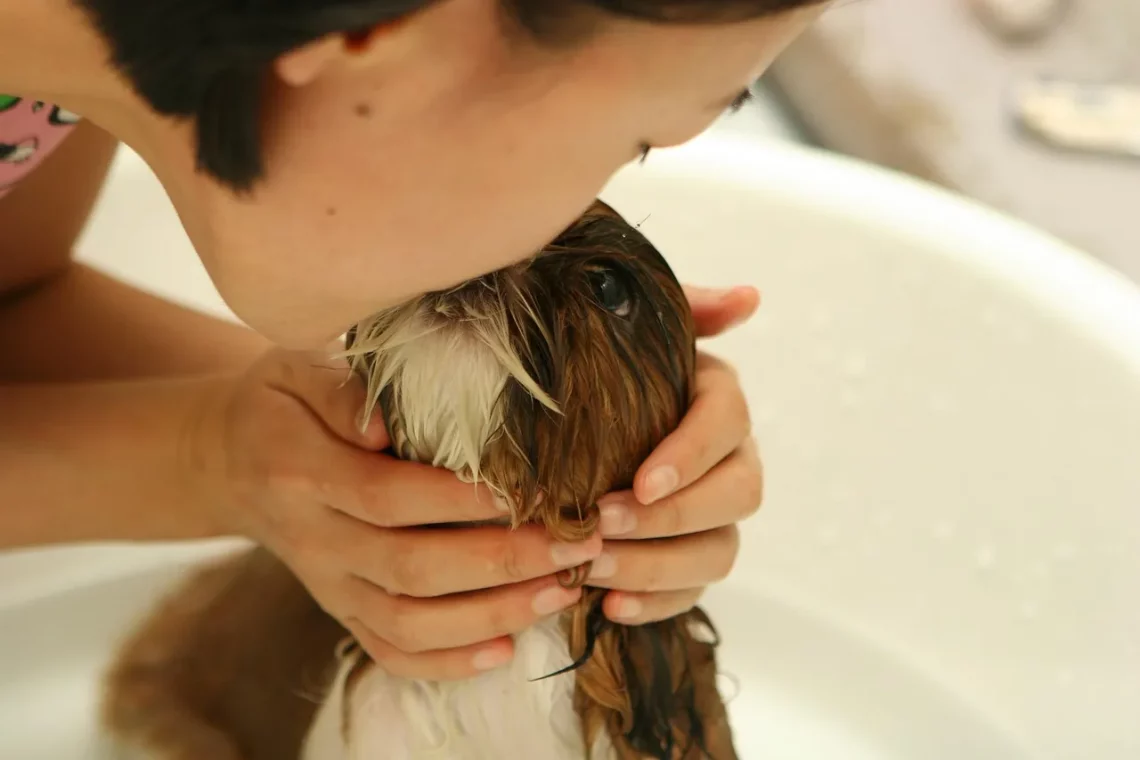
Discover the Joy of Mini Schnoodle Puppies: Your Perfect Companion
Welcoming a new puppy into your home is an exhilarating experience, filled with joy and anticipation. Among the myriad of dog breeds available, the Mini Schnoodle stands out as a delightful and versatile companion. This charming hybrid, a mix of the Miniature Schnauzer and Poodle, combines the best traits of both breeds, offering not only an adorable appearance but also a loving disposition. Mini Schnoodles are known for their intelligence, playfulness, and affectionate nature, making them ideal pets for families, singles, and seniors alike.
As you embark on the journey of considering a Mini Schnoodle puppy, you’ll discover the unique qualities that make these dogs exceptional companions. From their low-shedding coats to their friendly demeanor, these puppies are designed to bring happiness into your life. Moreover, their adaptable size makes them perfect for various living situations, whether in a quaint apartment or a spacious house with a yard. In this article, we will delve into what makes Mini Schnoodle puppies so special, and why they might be the perfect addition to your family or lifestyle.
Understanding the Mini Schnoodle Breed
The Mini Schnoodle is a delightful blend of the Miniature Schnauzer and the Poodle, both of which are renowned for their intelligence and endearing personalities. This hybrid breed inherits traits from both parent breeds, making them a unique and lovable companion. Miniature Schnauzers are known for their spirited nature and distinctive bearded face, while Poodles are celebrated for their high intelligence and hypoallergenic coats.
One of the most appealing aspects of the Mini Schnoodle is their size. Typically weighing between 10 to 20 pounds, they are small enough to be manageable yet sturdy enough to be playful. Their size makes them particularly well-suited for various living environments, from compact apartments to larger homes.
Mini Schnoodles are also celebrated for their friendly disposition. They tend to be social dogs, getting along well with children and other pets. Their playful nature means they enjoy interactive playtime, making them excellent companions for families. Additionally, their intelligence makes them highly trainable, which can be a significant advantage for first-time dog owners.
Another crucial aspect to consider is their coat. Mini Schnoodles often inherit a curly, low-shedding coat from their Poodle lineage, which can be a blessing for allergy sufferers. Regular grooming is essential to keep their coats healthy and mat-free. This breed can come in a variety of colors, including black, white, apricot, and even a mix, making each puppy unique.
In summary, understanding the Mini Schnoodle breed is vital for anyone considering bringing one of these charming puppies into their home. Their combination of size, temperament, and coat characteristics makes them not just adorable pets but also adaptable companions for various lifestyles.
The Joy of Raising a Mini Schnoodle
Raising a Mini Schnoodle puppy is a rewarding experience that can bring immense joy to your life. From the moment you bring your new furry friend home, you’re not just gaining a pet but also a loyal companion who will enrich your everyday experiences.
One of the most delightful aspects of owning a Mini Schnoodle is their affectionate nature. These puppies thrive on companionship and are known for forming strong bonds with their owners. They often follow you around the house, wanting to be part of your daily activities, whether it’s cuddling on the couch or joining you for a walk in the park. This level of attachment can create a deep emotional connection, making the experience of pet ownership truly fulfilling.
Training a Mini Schnoodle can also be a joy. Their intelligence allows them to pick up commands quickly, which can be incredibly satisfying for both the owner and the puppy. Positive reinforcement methods work best, as these dogs respond well to praise and rewards. Teaching them basic commands not only establishes good behavior but also enhances the bond you share. Moreover, engaging in training sessions can be a fun way to stimulate their minds and keep them active.
Socialization is another critical aspect of raising a Mini Schnoodle. Early exposure to different environments, people, and other animals can help them develop into well-rounded dogs. Taking your puppy on outings to parks or puppy classes can be an enjoyable experience that benefits their development. This socialization helps reduce any anxiety they may feel in new situations and ensures they grow into confident adults.
Finally, the playful energy of Mini Schnoodles means that they require regular exercise to keep them happy and healthy. Daily walks, play sessions, and mental stimulation through interactive toys are essential for their well-being. Engaging in these activities not only promotes physical health but also strengthens your bond through shared experiences.
In conclusion, raising a Mini Schnoodle is not just about companionship; it’s about nurturing a relationship filled with love, joy, and shared adventures. Their affectionate nature, intelligence, and playful spirit make them a wonderful addition to any home.
Health Considerations for Mini Schnoodle Puppies
Like all dog breeds, Mini Schnoodles are prone to certain health conditions, which prospective owners should be aware of. Understanding these potential health issues is crucial for ensuring your puppy leads a long and healthy life.
One common concern in Mini Schnoodles is dental health. This breed is susceptible to dental issues, so regular dental care is essential. Brushing their teeth regularly and providing dental chews can help maintain their oral hygiene. Additionally, routine veterinary check-ups will ensure any dental problems are addressed early.
Another health aspect to consider is hip dysplasia, a condition that can affect many small dog breeds. While not exclusive to Mini Schnoodles, it’s wise to be informed about the signs and consult with your veterinarian if you notice any symptoms. Regular exercise can help maintain a healthy weight, which in turn reduces the risk of developing hip-related issues.
Patellar luxation, which involves the dislocation of the kneecap, is another condition that can occur in smaller breeds, including Mini Schnoodles. Keeping your puppy at a healthy weight and avoiding excessive jumping or rough play can help mitigate this risk.
Allergies are also something to watch for in Mini Schnoodles. They can be sensitive to certain foods, environmental factors, or grooming products. If you notice any unusual symptoms, such as excessive itching or gastrointestinal upset, consulting your vet is crucial for diagnosing and managing allergies effectively.
Finally, it’s essential to stay updated on vaccinations and preventive care. Regular visits to the veterinarian will help ensure your puppy receives the necessary vaccinations and check-ups to keep them healthy.
In summary, being proactive about your Mini Schnoodle’s health can lead to a longer, happier life. By understanding potential health concerns and working closely with a veterinarian, you can help your furry friend thrive.
**Disclaimer**: This article is intended for informational purposes only and is not a substitute for professional veterinary advice. Always consult with your veterinarian for any health concerns or before starting any health-related regimen for your pet.




